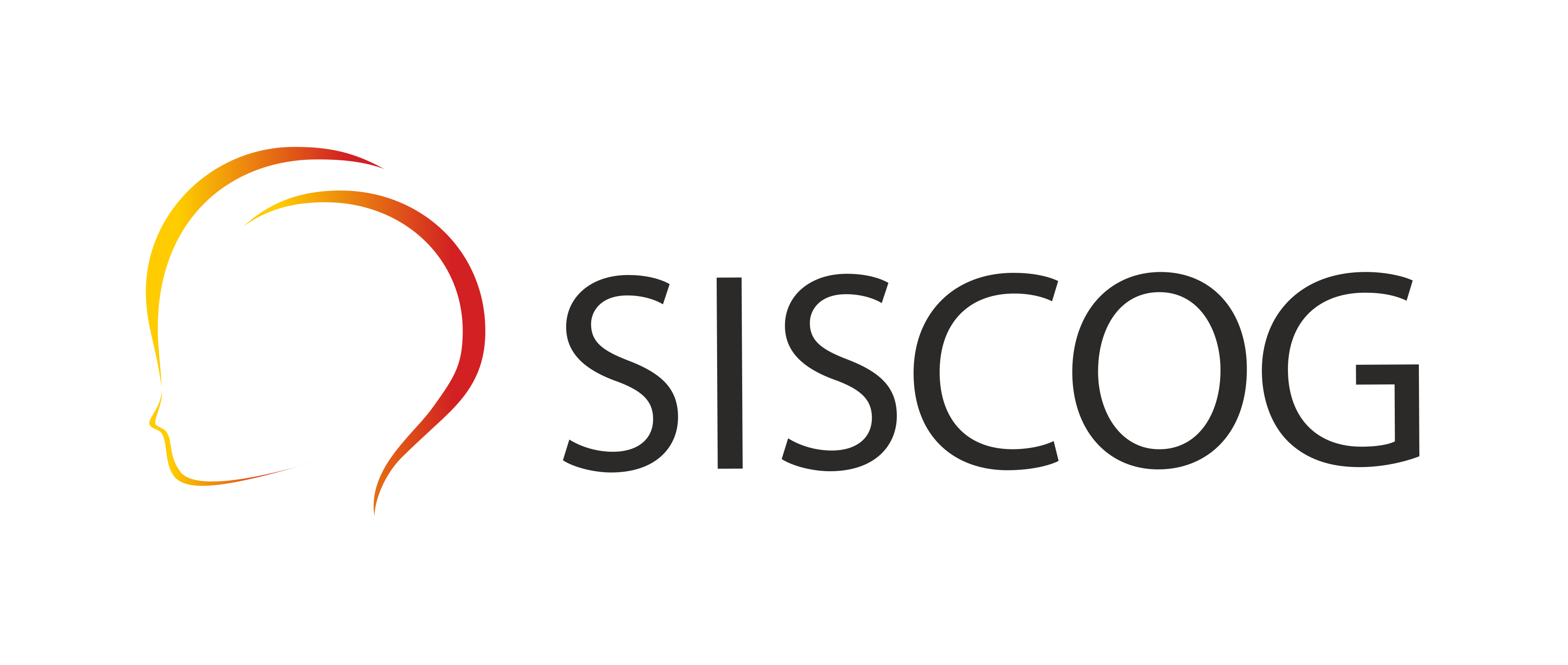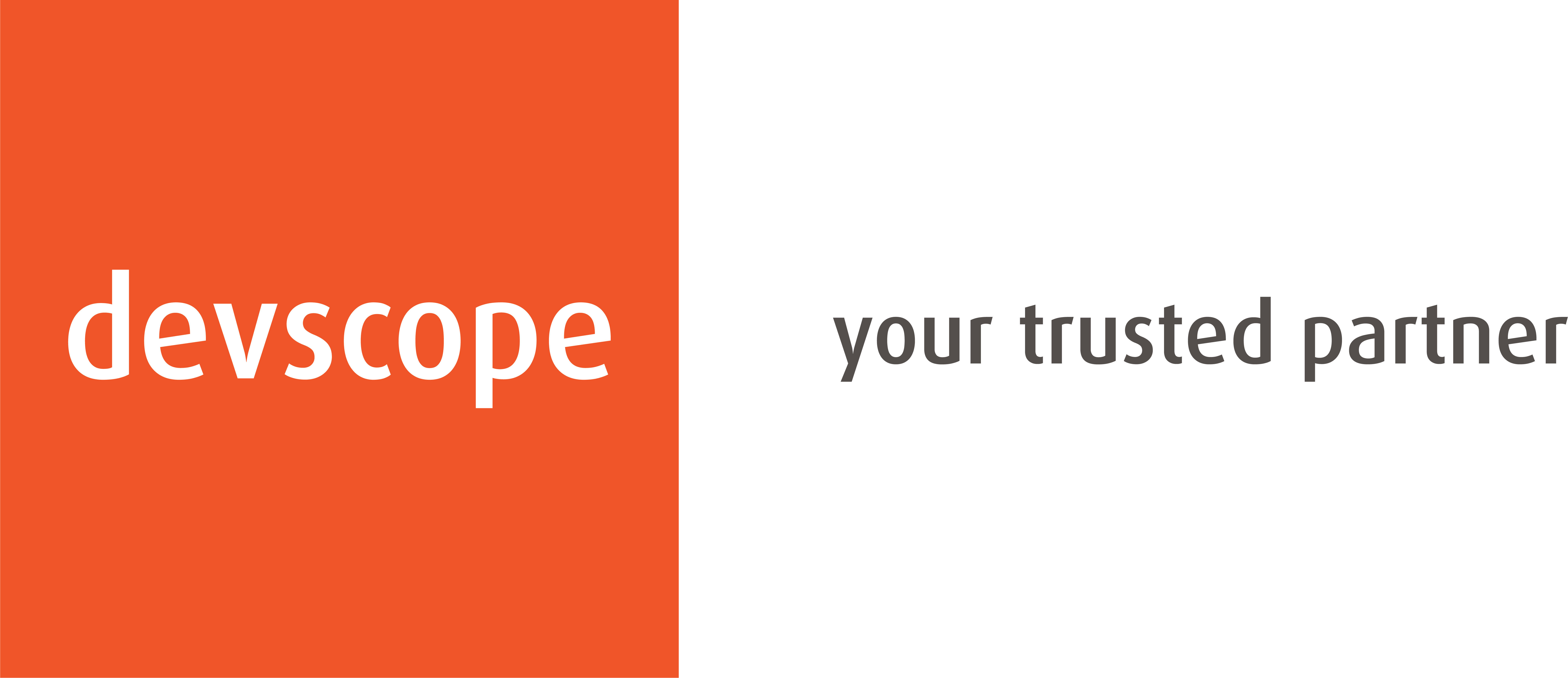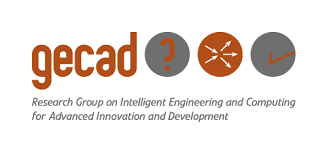Artificial Intelligence and IoT in Agriculture (AIoTA)
In a nearby future the world population will rise significantly, reaching 8.5 billion by 2030 and 9.7 billion in 2050. The population increase together with current and new environmental requirements, demand new agriculture production methods. Artificial Intelligence (AI) and Internet of Things (IoT) techniques will play a crucial role in current and future production technologies. The global aim of this thematic track is to bring together researchers, companies, developers and users of both AI and IoT (AI&IoT) fields applied to solve smart agriculture farming and production problems.
Application domains for AI&IoT are wide-ranging, from smart buildings through health monitoring and wearable devices to agro-forestry predictive systems. The spectrum of IoTspecific devices, solutions and scientific approaches include: data acquisition by sensors andmobile devices; RF technologies used in data transmission and data collection in sensor networks; Verification and optimization techniques to help sensor networks to be maintained and operated; Big data and AI approaches provide predictive analytics and high-level correlations of data, all towards better decision support systems. This track covers the spectrum from theoretical results to concrete applications and solutions.
Topics of Interest
AI in Agriculture:
- Data Mining;
- Decision Support Systems;
- Expert Systems;
- Forecasting Methods;
- Greenhouse Control with AI;
- Intelligent Control;
- Machine Learning;
- Multi-Agent systems;
- Modelling;
- Optimization;
IoT in Agriculture:
- Internet of Things (IoT);
- Instrumentation and Sensor Technology;
- Wireless sensor networks;
- Monitoring Systems;
- Drones;
- Precision Agriculture;
- Weather Monitoring;
- Navigation Systems;
- Smart Sensors;
- Sensor Fusion.
Paper Submission Instructions
All accepted papers will be published by Springer in a volume of Springer’s Lecture Notes in Artificial Intelligence (LNAI) corresponding to the proceedings of the 19th EPIA Conference on Artificial Intelligence, EPIA 2019.
Submissions must be original and not published elsewhere. Papers should not exceed twelve (12) pages in length and must adhere to the formatting instructions of the conference. Each submission will be peer reviewed by at least three members of the Program Committee. The reviewing process is double blind, so authors should remove names and affiliations from the submitted papers, and must take reasonable care to assure anonymity during the review process. References to own work may be included in the paper, as long as referred to in the third person. Acceptance will be based on the paper’s significance, technical quality, clarity, relevance and originality. All accepted papers must be presented orally the conference by one of the authors and at least one author of each accepted paper must register for the conference.
This track also accepts short papers submissions (maximum of 6 pages) for position papers, work in progress and application/demonstration papers. The registration fee is the same for regular and short papers. In case of acceptance authors will have the same time for paper presentation.
All papers should be submitted in PDF format through the EPIA 2019 EasyChair submission page. Prospective authors should select the thematic track to which their paper is to be submitted.
Important Dates
Paper submission deadline (Extended) : April 15, 2019 April 30, 2019
Notification of paper acceptance: May 31, 2019, June 7, 2019
Camera ready papers deadline: June 15, 2019, June 21, 2019
Conference dates: September 3-6, 2019
Organizing Committee
José Boaventura Cunha, INESC-TEC, University of Trás-os-Montes and Alto Douro (UTAD), Portugal
Josenalde Barbosa, Federal University of Rio Grande do Norte, Brazil
Paulo Moura Oliveira, INESC-TEC, University of Trás-os-Montes and Alto Douro (UTAD), Portugal
Raul Morais, INESC-TEC, University of Trás-os-Montes and Alto Douro (UTAD), Portugal
Program Committee
Andrés Muñoz Ortega, UCAM: Universidad Católica de Múrcia, Spain
Aneesh Chauhan, Wageningen University and Research, The Netherdands
António Valente, INESC-TEC, University of Trás-os-Montes and Alto Douro (UTAD), Portugal
Brett Whelan, University of Sydney, Australia
Bruno Tisseyre, Montepelier SupAgro, France
Carlos Eduardo Cugnasca, Escola Politécnica da Universidade de São Paulo, Brazil
Carlos Serôdio, CITAB, University of Trás-os-Montes and Alto Douro (UTAD),, Portugal
Eduardo Solteiro Pires, INESC-TEC, University of Trás-os-Montes and Alto Douro (UTAD), Portugal
Emanuel Peres, INESC-TEC, University of Trás-os-Montes and Alto Douro (UTAD), Portugal
Filipe Santos, INESC-TEC, Portugal
Francisco Rovira-Más, Polytechnic University of Valencia, Spain
Javier Sanchis Sáez, Universitat Politècnica de València, Spain
Javier Tardaguila, University of La Rioja, Spain
João Paulo Coelho, Instituto Politécnico de Bragança, Portugal
João Sousa, INESC-TEC, University of Trás-os-Montes and Alto Douro (UTAD), Portugal
Jos Balendonck, Wageningen University and Research, The Netherdands
Jose Antonio Sanz, Universidad Pública de Navarra, Spain
Juan López Riquelme, Universidad Politécnica de Cartagena, Spain
K.P. Ferentinos, Hellenic Agricultural Organization, Greece
Kazuhisa Ito, Shibaura Institute of Technology, Japan
Laura Emmanuela Santana, Universidade Federal do Rio Grande do Norte, Brazil
Nieves Pávon-Pulido, Universidad Politécnica de Cartagena, Spain
Pedro Couto, CITAB, University of Trás-os-Montes and Alto Douro (UTAD), Portugal
Pedro Melo-Pinto, CITAB, University of Trás-os-Montes and Alto Douro (UTAD), Portugal
Tatiana Pinho, INESC-TEC, Portugal
Tomas Norton, KU Leven, Belgium
Sjaak Wolfert, Wageningen University and Research, The Netherdands
Veronica Saiz-Rubio, Polytechnic University of Valencia, Spain
Yuxin Miao, University of Minnesota, USA


















